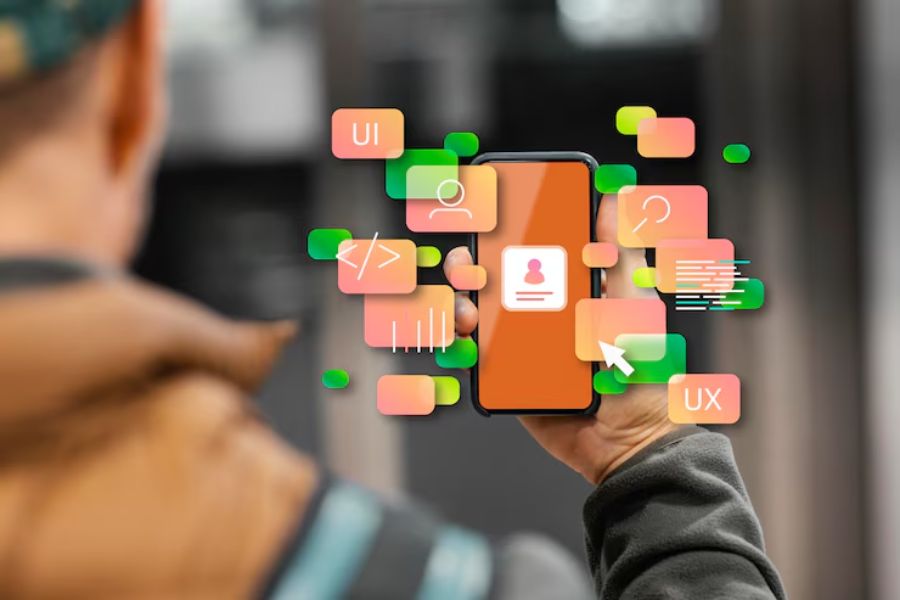Questions to consider when entering the app development timeline

App development doesn’t just start with wireframes and sprint planning. Long before a developer writes a single line of code, there are foundational questions that need answers, and not vague, “we’ll figure it out later” answers. Proper, preparatory thinking that will shape the direction, scope, and viability of the entire project.
If you’re about to commission an app, whether for internal use or a public-facing audience, these are some of the questions you’ll need to think through first.
What problem are you actually solving?
This one might sound obvious, but it rarely is. Far too many app builds launch off the back of assumptions: that users want this feature, that this workflow will improve something, that the product is solving a real gap. If those assumptions turn out to be shaky, you end up wasting both time and budget – often realising only after it’s too late to pivot cleanly.
Ask yourself: What issue are we trying to address? Who feels that pain the most? Why hasn’t it been solved already? If you don’t have confident answers, stop and reassess. Getting this bit wrong means the rest of your timeline is built on sand.
Who is going to use the app?
There’s a world of difference between a tool designed for warehouse teams to log inventory and an app intended to onboard new retail customers. One needs to be lightning-fast with minimal UX fuss. The other? Sleek, intuitive, probably more front-end polish than back-end weight.
Define your audience early. Are they internal staff? General consumers? People on-site, on the move, or desk-bound? These answers shape everything – from your tech stack to your testing process to how frequently you push updates. And if you’re working with a development agency like Myth Digital, this is one of the first things they’ll ask you, so be ready with specifics.
What does success actually look like?
“Launches of the app” isn’t a particularly useful success metric, nor is “number of downloads”. What would success actually look like, for your business, and for the people using it? Maybe it’s a measurable drop in admin time. Maybe it’s conversion rates doubling. Maybe, it’s that your onboarding now takes three minutes instead of three days.
Whatever it is, define it. Because your development timeline (how long each phase takes, what gets prioritised, what features get left for post-launch) will need to align with that definition.
Are your expectations aligned with your resources?
Building an app doesn’t have to take years. But it does take longer than many people assume, especially if you’re aiming for a high-quality user experience, a secure back-end, and minimal tech debt. Think about what’s realistic with the team, budget, and timeline you have.
You might not get every feature in v1, but with the right planning, you’ll get a product that works, one that can evolve as your needs change. And that’s the point of asking the right questions. Not to slow you down – but to build something solid enough to move quickly, when it counts.
